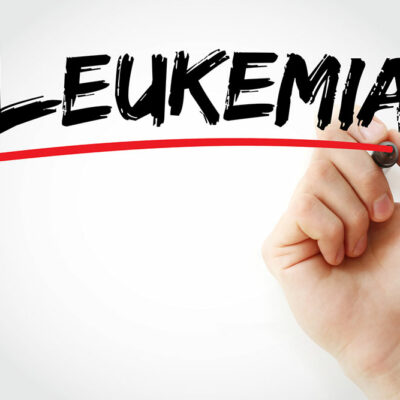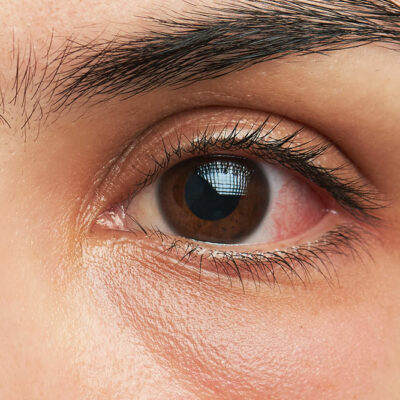
The Most Common Mental Health Disorders
Mental health is the most important component of overall health. The health of our brains determines the overall outcome of our entire life. Simply put, if our brain is not healthy then we are not healthy. There seems to be a painstakingly enormous trend of individuals in unhealthy mental state. The most common mental disorders are schizophrenia, bipolar disorder, depression, anxiety disorder, and obsessive-compulsive disorder. When people are undergoing horrid phenomenons in their lives that involve these horrid diseases they can be faced with many unfair stigmas like discrimination from employment, disownment from family, and even bullying. Please keep reading to learn more about these mental disorders:
1. Schizophrenia
Schizophrenia is a daunting mental disorder that can dramatically ruin someone’s life if they don’t receive proper treatment from a trained mental health professional. Just like other mental disorders, schizophrenia can be hereditary in nature, and may be derived from an imbalance of chemicals in the brain paired with a negative living environment. Metal delusions are the most common signs of schizophrenia. There may be different types of delusions or distorted realities, such as:
- Erotomanic type: Delusions of another person in love with the individual.
- Grandiose type: Unrecognized talent or important discovery.
- Jealous type: Belief that spouse or lover is unfaithful.
- Persecutory type: Individual belief they are being pranked or conspired against.
- Somatic type: Uncontrollable bodily functions or sensations.
- Mixed type: No theme is detected.
The person would experience these hallucinations and delusions for an extended period of time without treatment. The disorder can also influence them to have disorganized speech, and unpleasant motor behavior.
2. Bipolar disorder
There are two different types of bipolar disorder that 2.6% of the U.S. population suffers from, such as:
- BPD I: Is when someone has experienced at least one manic episode meaning they have had expansive, or gradual mood swings that last at least 1 week or every day for a noticeable period of time. This disorder over an extended amount of time can cause harmful life consequences like work dysfunction, lower socioeconomic status despite their intellectual intelligence or education and more.
- BPD II: This disorder is much like disorder I except there are slightly different diagnosis variations. Mood swings are prevalent but they usually last a different set amount of time. This may be 4 days instead of a week or every day. Instead of having manic episodes they would have Hypomanic episodes. This would mean an increase of energy with little need for sleep irrational thinking that is self-destructive.
3. Obsessive compulsive disorder
Obsessive compulsive disorder (OCD) can be identified as a mental disorder that causes a great amount of anxiety and compulsive behavior. This means that people are generally obsessed with a certain behavior or action, for instance:
- Washing hands
- Ritualized eating behavior
- Skin picking
- Substance related addiction
- Gambling


